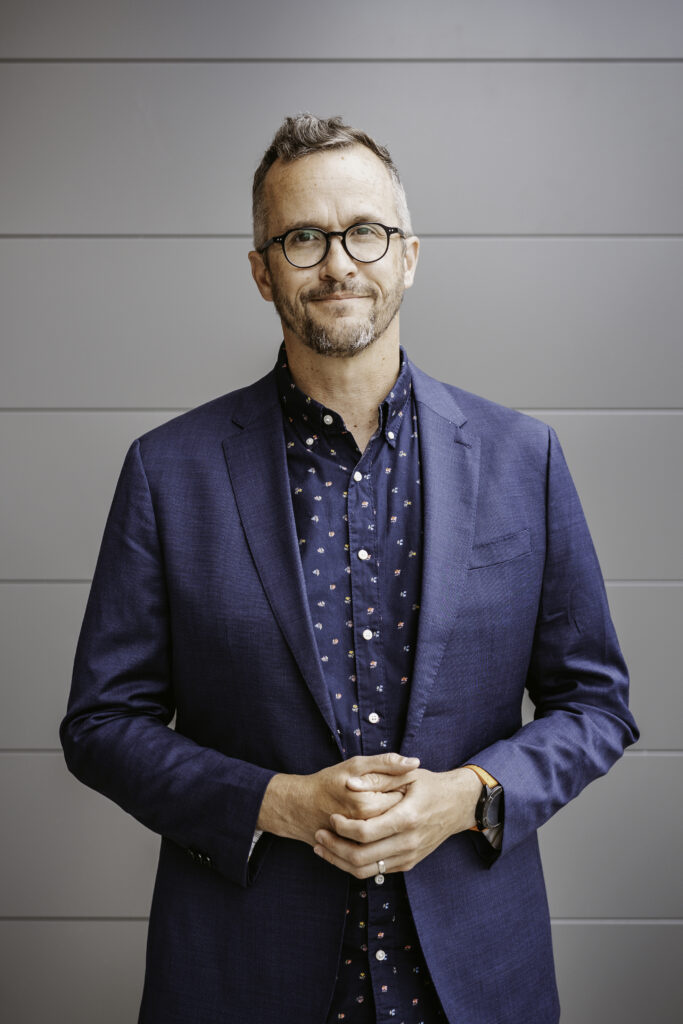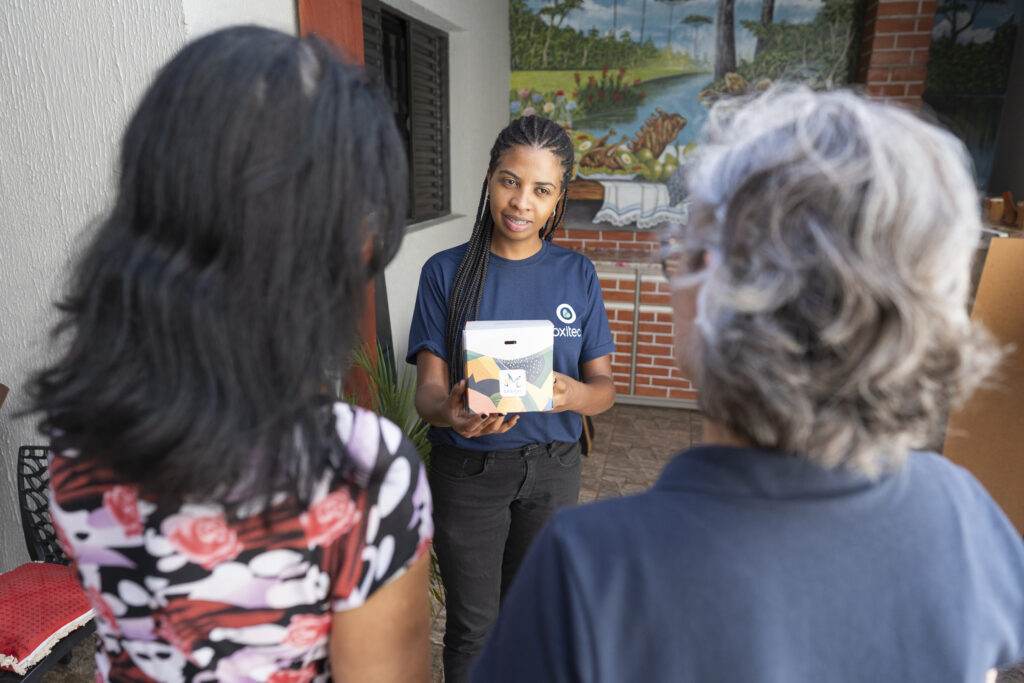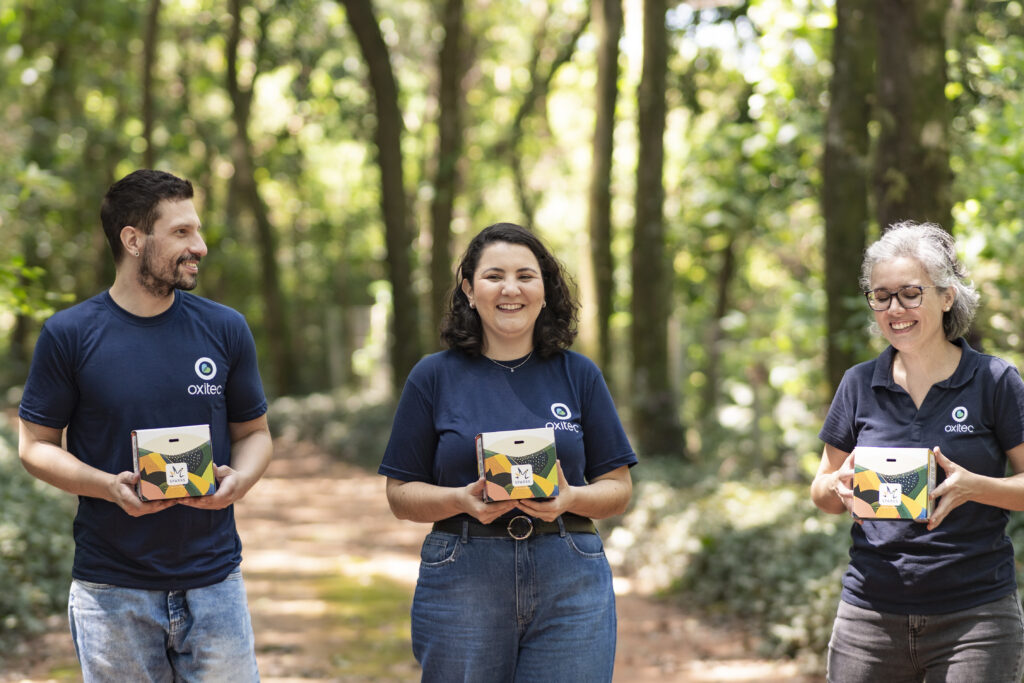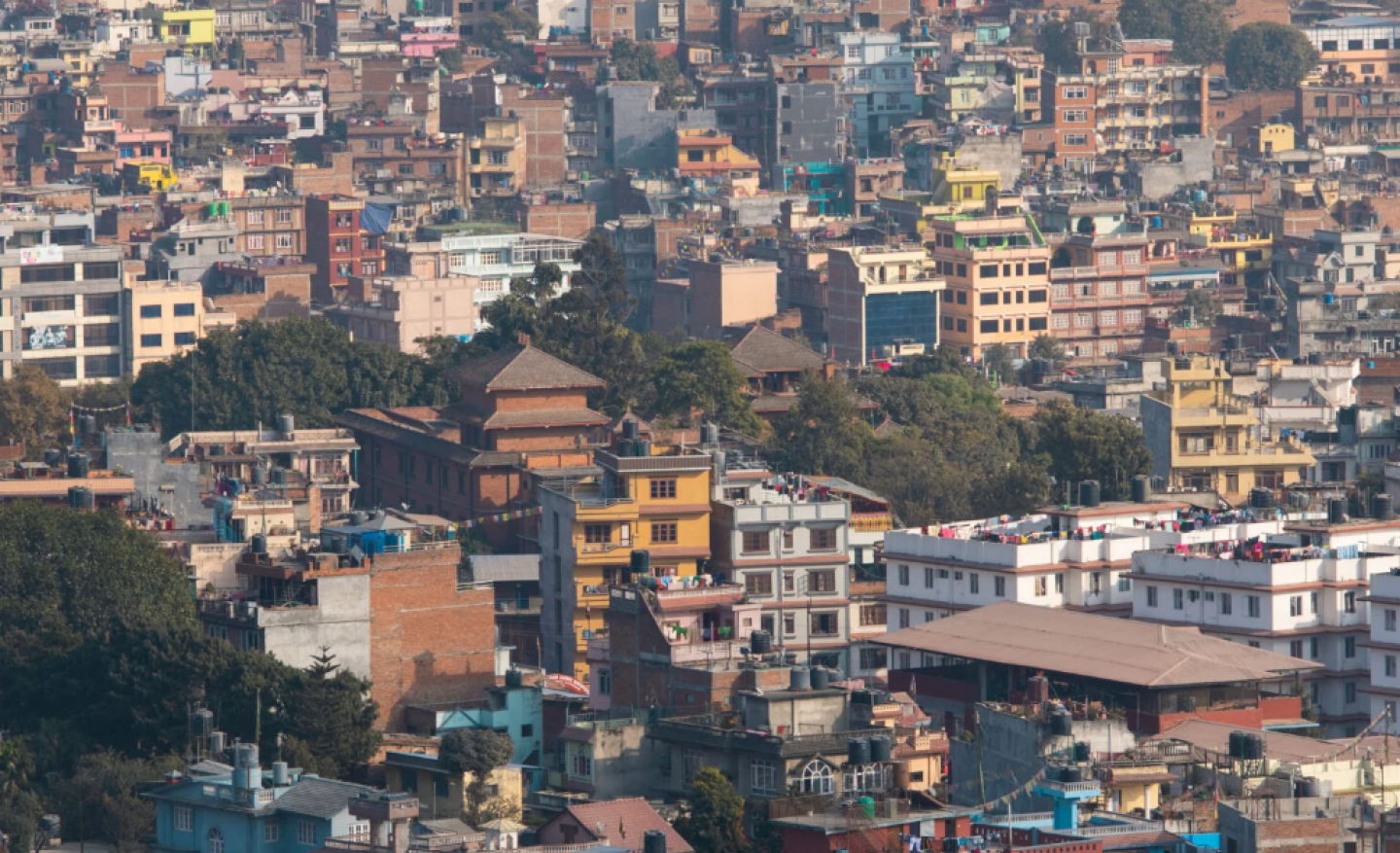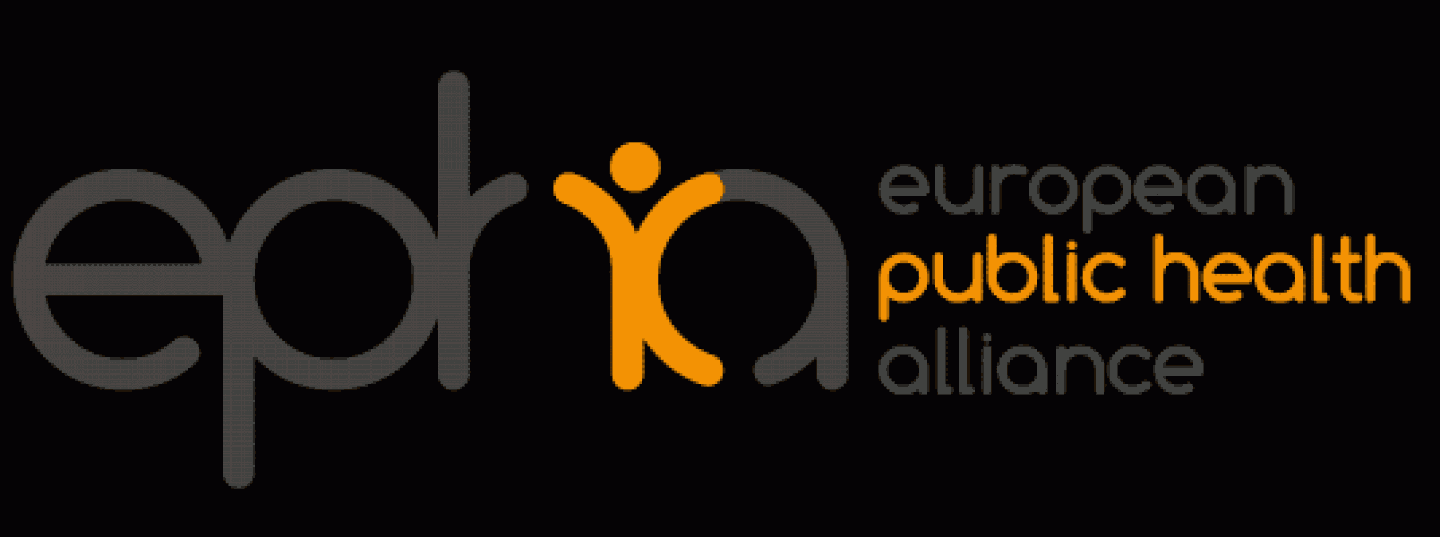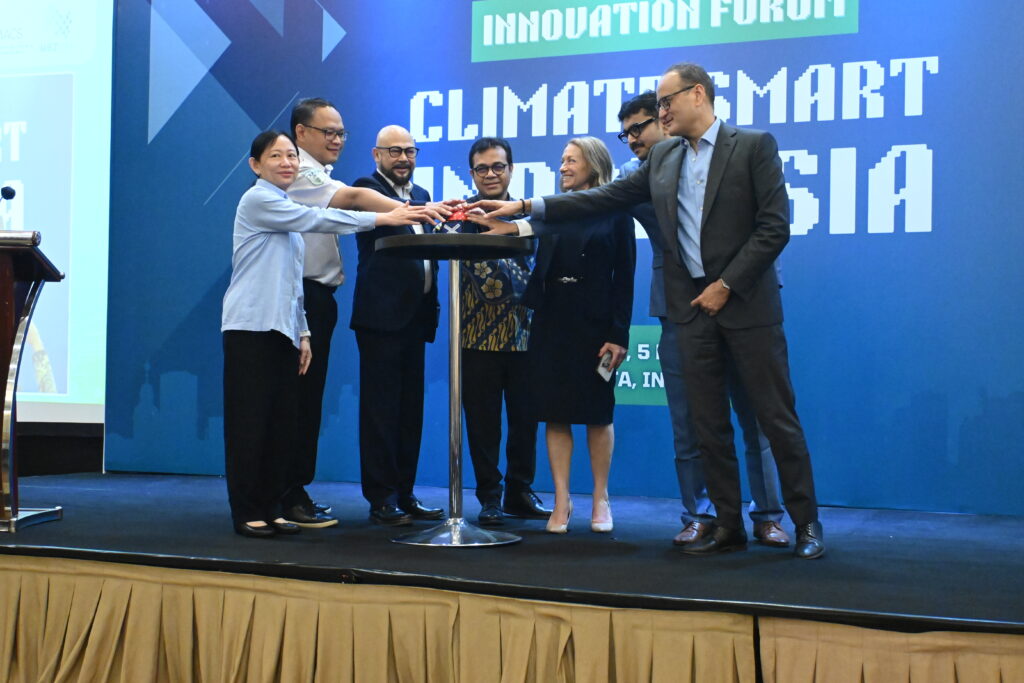
JAKARTA (May 12, 2025) – As part of a broader effort to build more climate-resilient health systems, ClimateSmart Indonesia recently launched (5/5/2025) the world’s first AI-enabled, dual-capability technology platform for forecasting and responding to climate-sensitive diseases.
Developed by the Institute for Health Modeling and Climate Solutions (IMACS), the Indonesian Collaborative Research and Industrial Innovation in AI (KORIKA), and the Mohamed bin Zayed University of Artificial Intelligence (MBZUAI), the technology platform debuted in Jakarta during the “ClimateSmart Indonesia Innovation Forum” under the auspices of Indonesia’s Ministries of Health, Environment, and Communications and Digital Affairs, and in partnership with the country’s meteorology, climatology, and geophysical agency BMKG. The ClimateSmart Indonesia initiative has been working in partnership with these agencies and other stakeholders over the last two years, to advance climate and health data systems and their application in Indonesia, through a collaborative process with funding from Reaching the Last Mile (RLM) and the Patrick J. McGovern Foundation.
Climate & Health Technological Breakthrough
The technology platform developed under the ClimateSmart Indonesia initiative has two main features representing major advances in public health data systems and technology:
- Digital Twin Indonesia that visually models future climate and weather scenarios, and maps emerging disease hotspots to allow early intervention for prevention and response.
- AI Dashboard that delivers hyperlocal forecasts, real-time alerts, and scenario-based planning tools for public health officials to improve the cost-efficiencies of disease control programs.
With predictive accuracy exceeding 90%, this system can anticipate outbreaks of malaria, dengue fever, leptospirosis, and 4 other climate-sensitive diseases.
An Ecosystem for the Future
The technology platform’s technological innovations include:
- AI-based malaria detection from microscope images research
- Development of a GPT-RAG (Retrieval-Augmented Generation) language model for climate-health policy, combining the capabilities of large language models (LLMs) with retrieval mechanisms to provide contextually relevant and accurate responses.
- A powerful database architecture that integrates climate, health, and demographic data
ClimateSmart Indonesia aims to help the Indonesia Government design and implement a “best in class” early warning and response system (EWARS) to address the growing threat of climate-sensitive diseases and other challenges to public health.
“Indonesia is the ideal location for establishing a regional center of excellence for AI, climate, and health. By harnessing the power of artificial intelligence and advanced data analytics, Indonesia is pioneering innovative approaches to anticipate, adapt to, and mitigate the complex health challenges posed by our changing climate,” said Prof. Dr. Hammam Riza, President of KORIKA. “In the coming weeks, we hope to launch a task force to plan for this center of excellence, which will build on Indonesia’s national ecosystem of innovation, science, and governance, serving as a resource for other countries working toward more climate-resilient health systems.”
The launch of the novel digital technologies by the ClimateSmart Indonesia partners represents a pivotal step in the nation’s use of AI to tackle the dual challenges of climate change and public health. “This is not just a technological milestone; it reflects a strong national commitment to protecting lives today while building a more resilient and sustainable future through innovation and global collaboration,” stated Vice Minister of Komdigi Nezar Patria, M.Sc., MBA.
Speaking at the opening ceremony, the Meteorological, Climatology and Geophysics Agency (BMKG) Chairman Dwikorita Karnawati said the urgency of integrating climate and health data to address escalating disease threats. “Studies show that climate is a significant driver of increased human exposure to various diseases,” she said. “Changes in temperature and rainfall patterns affect exposure to water- and food-borne illnesses, such as salmonella, and vector-borne diseases like Lyme disease.”
“ClimateSmart Indonesia represents a paradigm shift in how we approach climate-sensitive diseases,” said Michael Andreas Purwoadi, Infrastructure Deputy at BMKG. “By integrating climate and health information and harnessing AI for prediction and planning, it enables Indonesia to analyze and address disease risks with unprecedented speed and precision.”
“By integrating climate and health intelligence, Indonesia is setting a global precedent,” said Dr. Setiaji, Chief of the Digital Transformation Office at the Ministry of Health. “Through Satu Sehat and ClimateSmart, we’re defining the future of digital public health.”
“To strengthen the resilience of the health system, we need strong health data and significant investments in early warning systems and surveillance. Accurate data is essential for climate-related disease strategy development,” said Then Suyanti, Director of Environmental Health at the Ministry of Health, representing the Minister of Health Ir. Budi Gunadi Sadikin.
During the event, Kelly Willis, Global Lead of the Forecasting Healthy Futures Consortium, highlighted the role of climate data and AI in predicting and preventing the health impacts of climate change. “Forecasting Healthy Futures has a broader mandate to protect global health gains against climate change’s effects. We work by convening experts and mobilizing funding worldwide to invest in health systems that are vulnerable to climate change, making them more resilient,” she explained.
Dr. Kashik Sarkar, Director of IMACS, emphasized that climate change impacts health in three significant ways: it determines who is affected, where individuals can access services, and how diseases cluster geographically, particularly affecting the most vulnerable populations. He stated, “These dynamics make climate and health information crucial. Unfortunately, climate and health data are still siloed across the globe. As a result, most health systems lack an integrated solution. This is where AI comes in; it can help merge this information.”
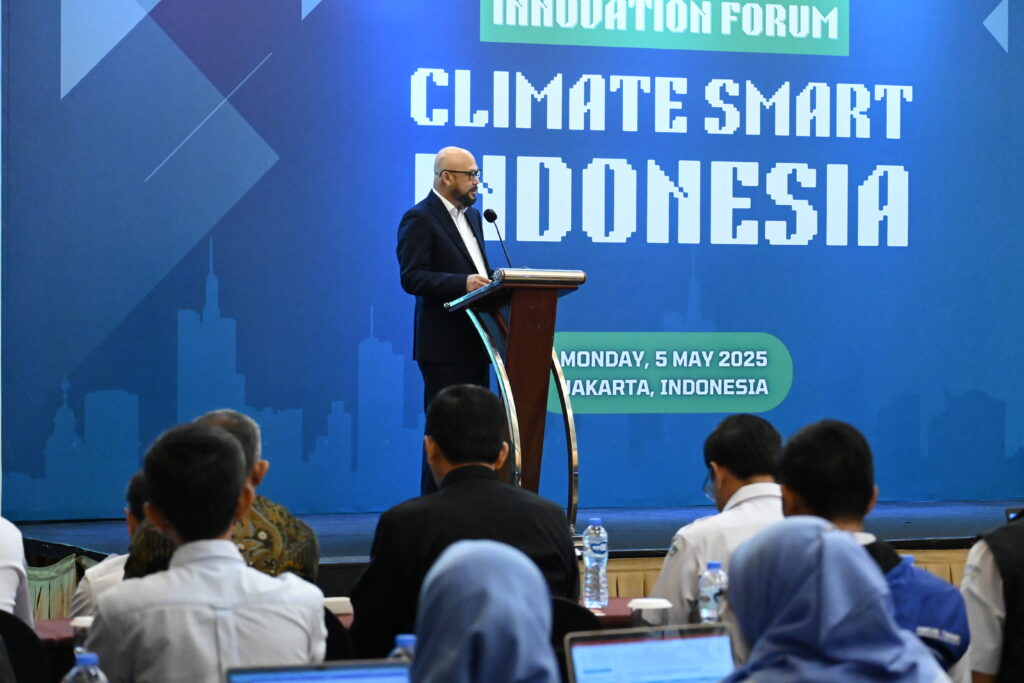
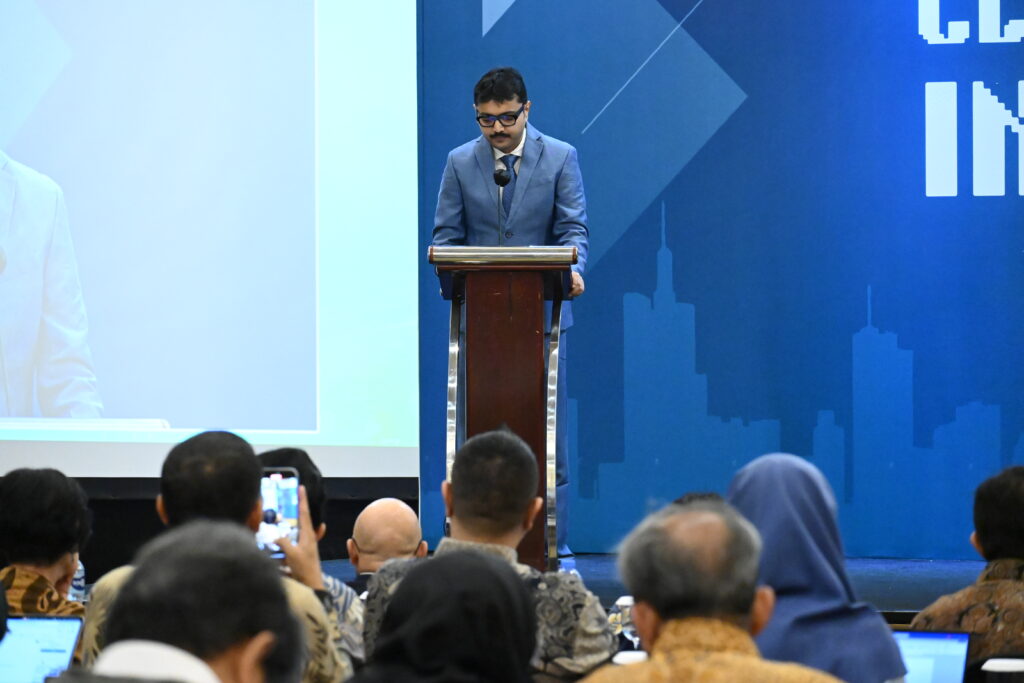
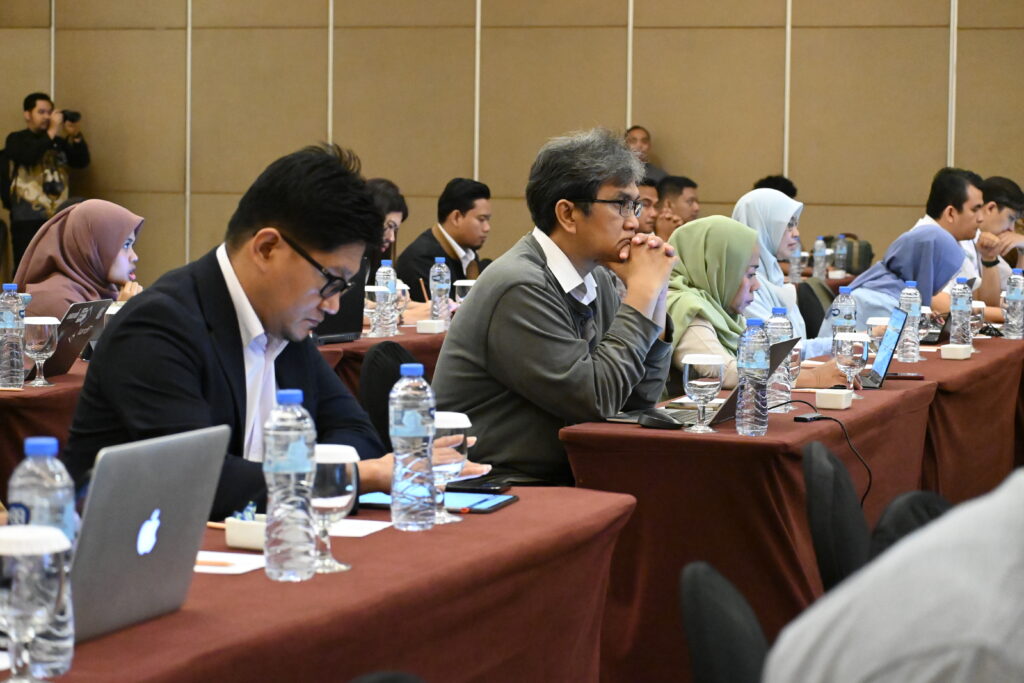
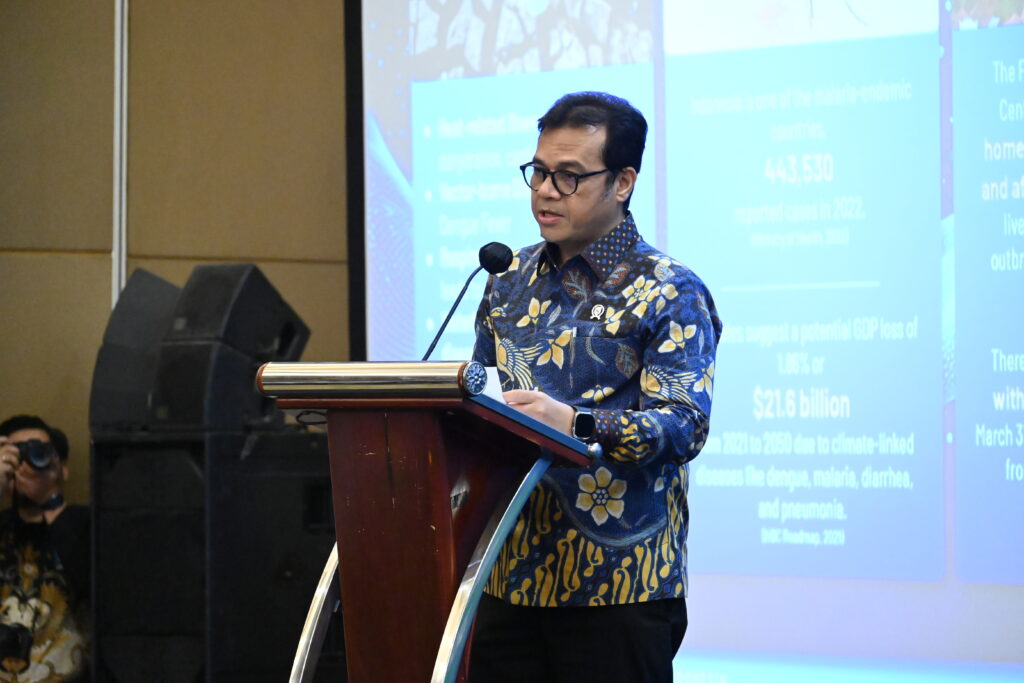
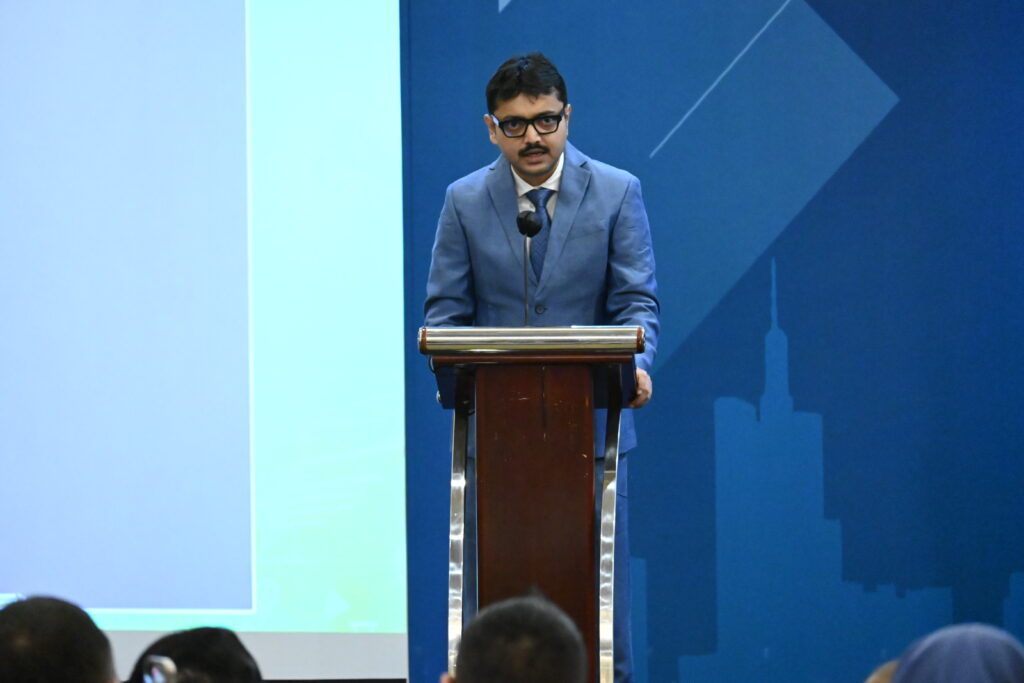
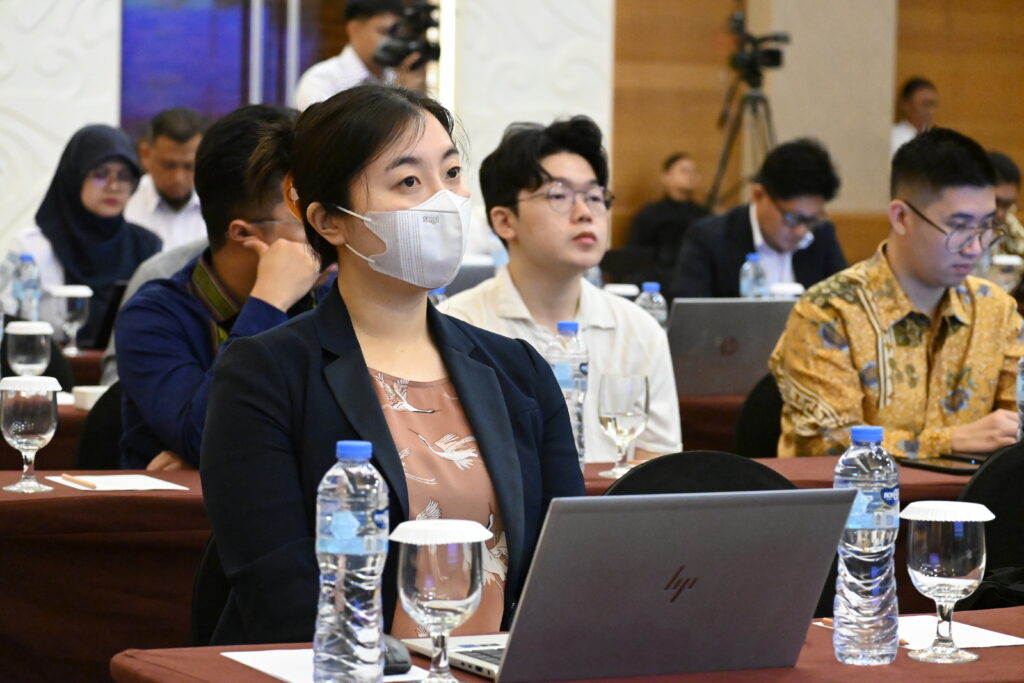
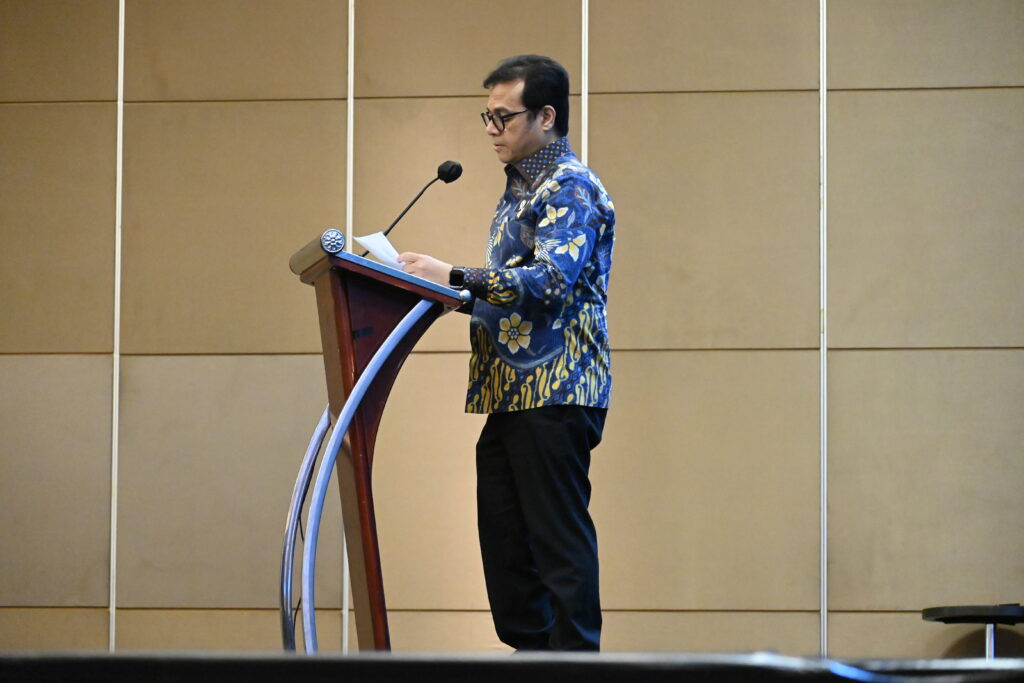
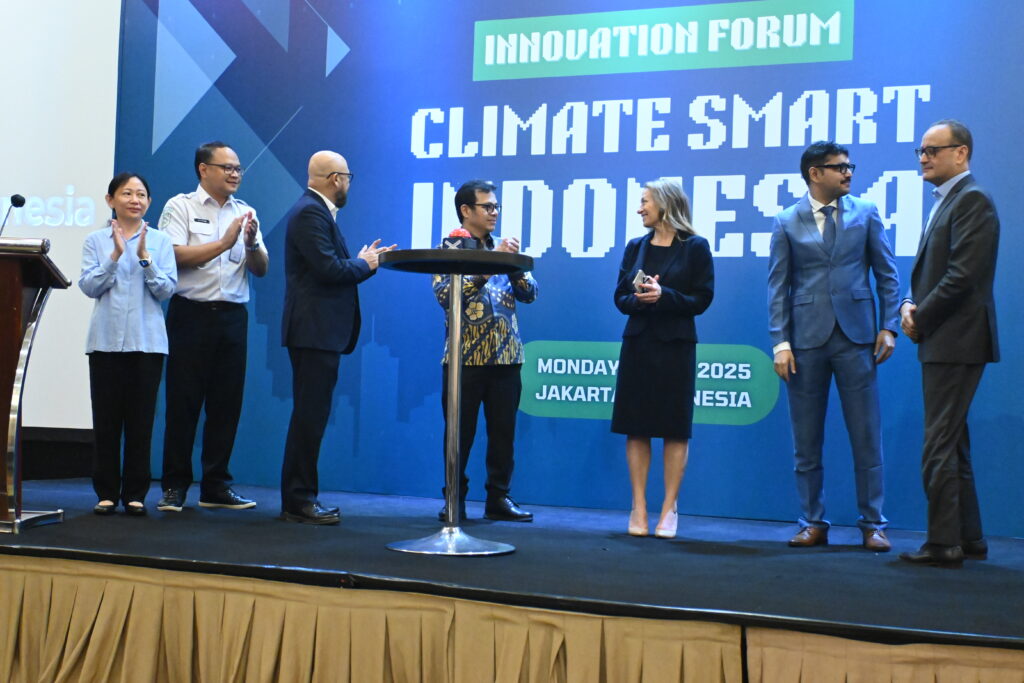
###
About Forecasting Healthy Futures
Forecasting Healthy Futures is a global coalition of leading health and technology organizations committed to mobilizing the political will, financial resources, and innovative solutions needed to protect global health gains from the threats posed by climate change. Malaria No More convenes and leads the consortium. Forecasting Health Futures’ partners include Reaching the Last Mile, Mohamed Bin Zayed University of Artificial Intelligence, the Global Institute for Disease Elimination (GLIDE), PATH, the Tableau Foundation, IBM’s Weather Company, and the Institute for Health Metrics and Evaluation (IHME). For more information, visit: www.ForecastingHealthyFutures.org.
About Reaching the Last Mile
Reaching the Last Mile (RLM) is a portfolio of global health programs working towards disease elimination that is driven by the personal commitment of His Highness Sheikh Mohamed bin Zayed, President of the United Arab Emirates. The Initiative provides treatment and preventative care in communities that lack access to quality health services, with a specific focus on reaching the last mile of disease elimination. RLM’s mission represents His Highness’s dedication to ending preventable diseases that affect the world’s poorest and most vulnerable communities and helping millions of children and adults live healthy, dignified lives. For more information, visit: https://www.ReachingTheLastMile.com
For media inquiries, please contact: Sharan Sunner | Seven Media, on behalf of Reaching the Last Mile, sharansunner@sevenmedia.ae | +971 (0)55 698 4327
About Mohamed bin Zayed University of Artificial Intelligence (MBZUAI)
MBZUAI is a graduate, research university focused on artificial intelligence, computer science, and digital technologies across industrial sectors. The university aims to empower students, businesses, and governments to advance artificial intelligence as a global force for positive progress. MBZUAI offers various graduate programs designed to pursue advanced, specialized knowledge and skills in artificial intelligence, including computer vision, machine learning, and natural language processing. For more information, please visit www.mbzuai.ac.ae
About KORIKA
KORIKA, Collaborative Research and Industrial Innovation in AI, stands as a pioneering force in advancing the landscape of AI research, development, and innovation within Indonesia. Established in 2021, KORIKA has consistently been at the forefront of catalyzing progress in the field of artificial intelligence. Their dedication to fostering trustworthy AI systems, while respecting the rich cultural and societal values of Indonesia, aligns seamlessly with the nation's ambitious vision of becoming a global innovation powerhouse. KORIKA has become a pivotal hub, bringing together experts, researchers, and industry leaders to collectively drive the growth and application of AI technologies. For more information, please visit: https://korika.id/.
